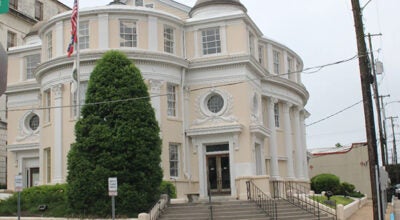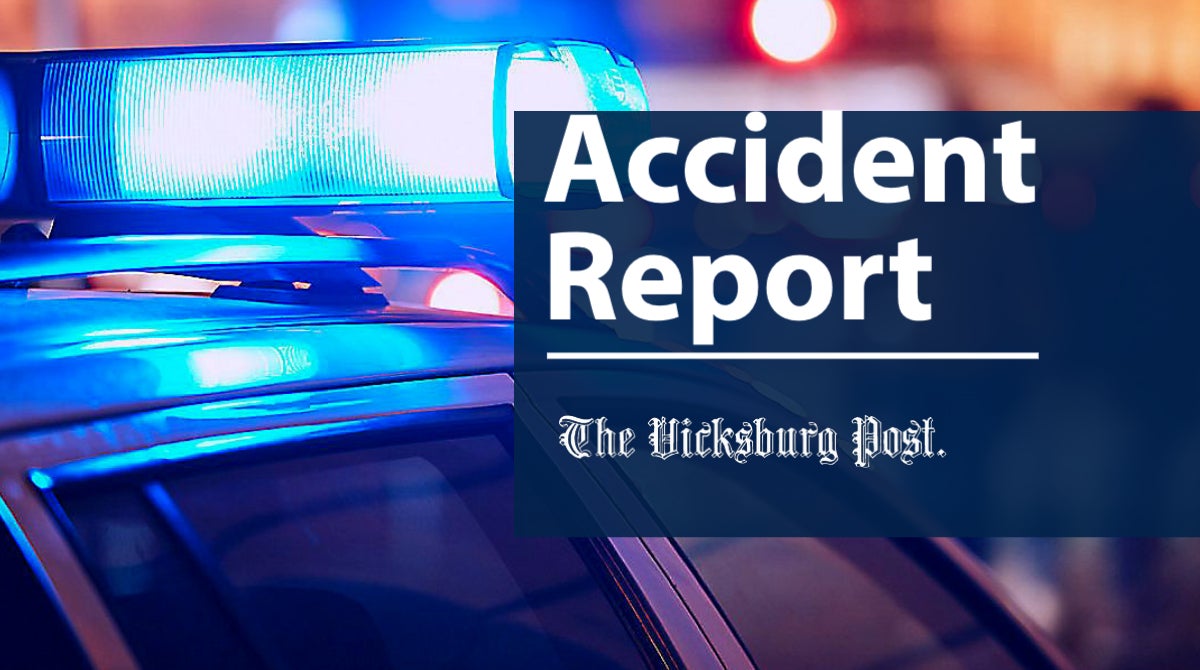Circuit clerk civil trial continued six months
Published 10:46 am Friday, April 18, 2014
JACKSON — It’ll be another six months before the issue of whether Warren County Circuit Clerk Shelly Ashley-Palmertree has to pay what the state and county contend is seven years and more than a half-million dollars worth of excessive salary and questionable payments, as all sides took testimony to the limit on Thursday — prompting Hinds County Chancellor Dewayne Thomas to continue the trial to October.
Attorneys in the case agreed on Oct. 6, 7, 13 and 14 as the soonest dates available on the Hinds County Chancery Court docket that agreed with each’s personal work schedules.
At issue in the civil case, which Palmertree filed 13 months ago against Warren County and State Auditor Stacey Pickering, is whether she owes the county $671,751.75 in excessive salary above the state-set cap for circuit and chancery clerks and questionable subcontractor payments to her father and predecessor in office, Larry Ashley. The amounts cover activity from 2006 through 2011. The state and county countersued last April and contend the payments were improper.
Court-ordered mediation talks ordered after three days of testimony in December broke down in January.
The state and county’s countersuit also included CNA Surety, the parent of Western Surety Company, which insures most county officials and had bonded Palmertree during her first 8 1⁄2 years in office. The company has sought to limit its financial exposure in any resolution reached in the case.
In a separate criminal case, Palmertree is accused of inappropriately transferring funds from her office’s criminal and civil accounts to her personal account on two separate occasions in 2012. The amounts total $12,000. Jackson attorney Joe Hollaman represents her in that case; Attorney General Jim Hood is prosecuting it. A trial date has not been set in the criminal case.
The three-term clerk testified in the civil case in December, but has been kept off the stand for cross-examination after Thomas agreed to such from Hollaman.
Thursday’s testimony consisted of nearly seven hours of cross-examination of Ben Norris, a former deputy director of investigations for the state auditor’s office, by Palmertree attorney Frank Vollor.
Vollor seized on the accounting methods of the auditor’s office during an investigation into Larry Ashley’s office’s financial activity that began in mid-2005, nearly two years after he left office. Both sides honor a settlement reached in 2012 in the matter, which has come to the fore in court pleadings since the suit was first filed.
Expert testimony in December on the clerk’s behalf from Vicksburg CPA Donna Ingram had sought to point out inconsistencies in the state auditor’s calculations of her father’s debts and credits, the latter of which Palmertree pins her hopes of reducing or eliminating her own alleged debts. Ingram on Thursday did not take the stand, but consulted regularly with Palmertree attorneys Vollor and James “Buck” Penley Jr. during breaks.
Ashley was circuit clerk from 1988 to 2004. In 1996, the state capped the salary that a circuit or chancery clerk could make annually. Overages each year must be paid back to the county’s general fund, as per state law. Currently, the cap is $90,000 a year, with few exceptions.
Also central to the clerk’s original complaint is language in the law that set the fee cap that should allow the circuit clerk to be considered an employee of the office. The theory is Palmertree’s key to allowing her to pay her father as an employee and not a subcontractor, as the auditor’s office contends.
On Thursday, the retired 20-year circuit judge handed to Norris one-by-one at least two dozen copies of old, random court cases from 1999 to 2003 that had been appealed to the state Supreme Court in an attempt to show auditors are unfamiliar with how appeal-related fees can arrive months after a case is appealed, and, thus, might not be reflected on clerk’s fee reports quickly enough to satisfy an auditor’s investigation. Vollor said the state consistently ignored about four months worth of cases in the Ashley inquiry, usually at the end of each calendar year.
“Would you agree that there’s a built-in error in your methodology?” Vollor asked Norris, who was steadfast in his answers each time Vollor rephrased that question that his investigators consistently gave Palmertree enough time to pin down any left-out appeal costs to factor into what might have been owed.
“We gave Miss Palmertree a chance to identify the appeal costs,” Norris said, who refuted Vollor’s claim of any errors by the state. “Not when we gave them the opportunity to find the items reconciled.”
The two men sparred over the same point for hours as at times Judge Thomas’ face reflected a mix of intrigue and fatigue.
“Your methodology is wrong!” Vollor said in one of many instances of rising, melodramatic tones taken during testimony.
Norris reiterated testimony backed up even by the clerk’s expert testimony in December that Ashley had overdrawn the office’s civil and criminal fee accounts to pay for operating expenses. Ashley “pulled lump sums of cash from the court accounts he wasn’t legally entitled to” to pay deputy clerks and other operating expenses, Norris said during part of the cross-examination, a contention he said he’d stick with today.
“How could he have done that when he didn’t have the money to put in?” Vollor asked.
“He shorted settlements to the county. Some months, he didn’t settle fines,” Norris said.






